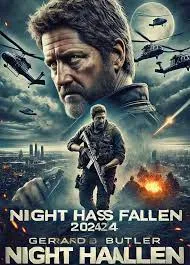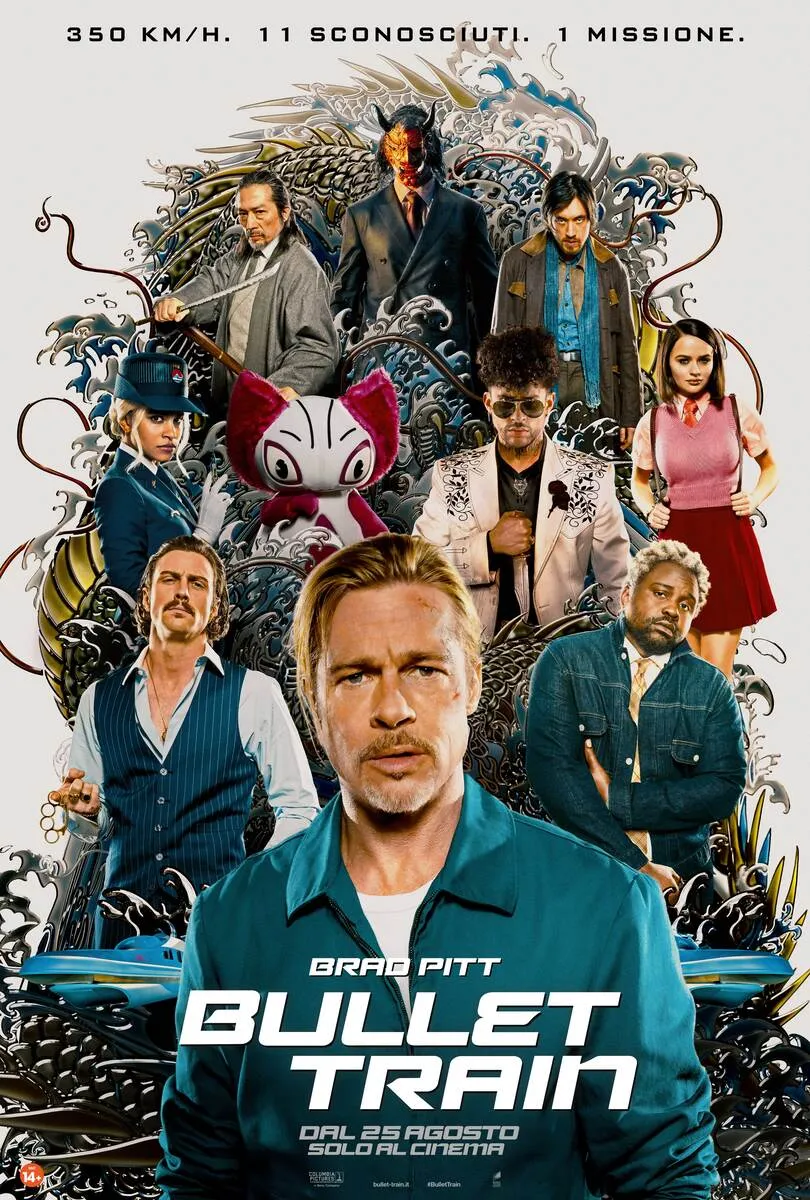No Country for Old Men (2007), directed by Joel and Ethan Coen, is a critically acclaimed crime thriller that masterfully blends suspense, philosophical undertones, and gritty realism. Based on Cormac McCarthy’s novel of the same name, the film explores the violent aftermath of a drug deal gone wrong in the desolate landscape of 1980s West Texas. With outstanding performances, tight direction, and a haunting narrative, the film stands as one of the greatest cinematic achievements of the 21st century.
The story follows three central characters: Llewelyn Moss, a welder who stumbles upon two million dollars at the scene of a drug massacre; Anton Chigurh, a mysterious and psychopathic hitman sent to recover the money; and Sheriff Ed Tom Bell, an aging lawman who struggles to comprehend the rising tide of senseless violence. Each character represents a different response to a chaotic and morally ambiguous world. Moss is a survivor, trying to outwit fate; Chigurh is fate itself, delivering death with cold logic; and Bell is the voice of disillusionment, a man left behind by the changing world.
What sets No Country for Old Men apart is its refusal to conform to traditional Hollywood storytelling. The film defies expectations by denying viewers a clear resolution or a conventional hero’s triumph. The Coen brothers embrace ambiguity, using silence, atmosphere, and long stretches without music to heighten tension. The absence of a musical score enhances the realism and allows the audience to feel the starkness of the West Texas desert, echoing the emotional isolation of the characters.Javier Bardem’s portrayal of Anton Chigurh is unforgettable. With his eerie calmness, emotionless voice, and unconventional weapon of choice—a captive bolt pistol—Chigurh quickly became one of cinema’s most iconic villains. His unsettling philosophy of chance and fate, particularly in scenes involving coin tosses, forces characters (and viewers) to confront the randomness of life and death.
Tommy Lee Jones, playing Sheriff Bell, delivers a quiet but deeply emotional performance. Through his narration and weary expressions, he embodies a man grappling with the loss of moral order and the growing brutality of modern life. His final monologue reflects on dreams and aging, leaving the audience with a sense of melancholy and reflection.The film’s cinematography, by Roger Deakins, is another standout element. The sweeping, desolate landscapes mirror the emptiness and moral decay that the characters experience. Every shot is meticulously composed, reinforcing the tension and mood without distracting from the narrative.In conclusion, No Country for Old Men is more than just a crime thriller; it is a meditation on fate, violence, and the passage of time. The Coen brothers deliver a film that is as intellectually challenging as it is emotionally gripping. It invites viewers to question the nature of justice and the human capacity for good in a world that often feels indifferent or even hostile. With its unforgettable performances and profound themes, it remains a powerful and enduring piece of American cinema.



